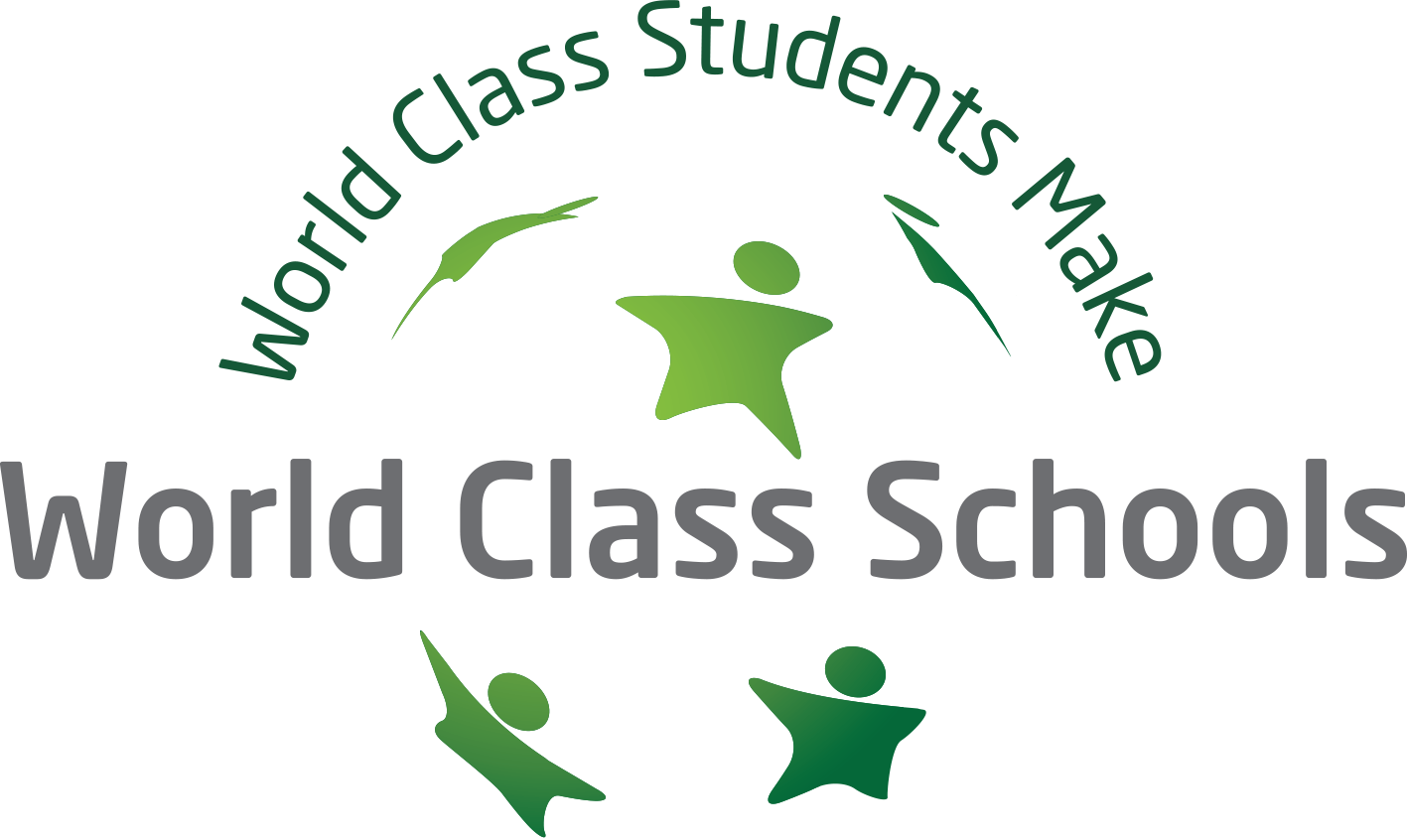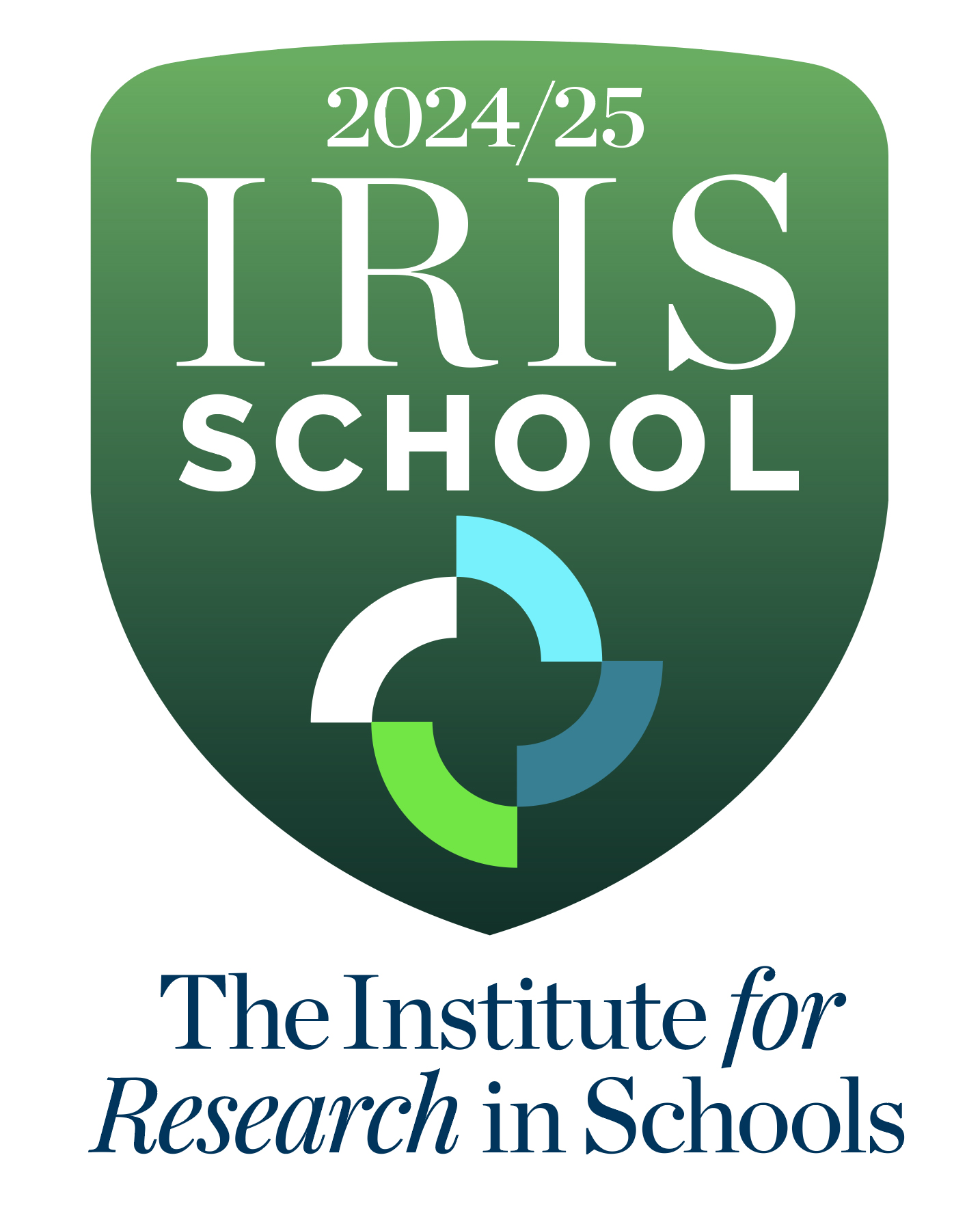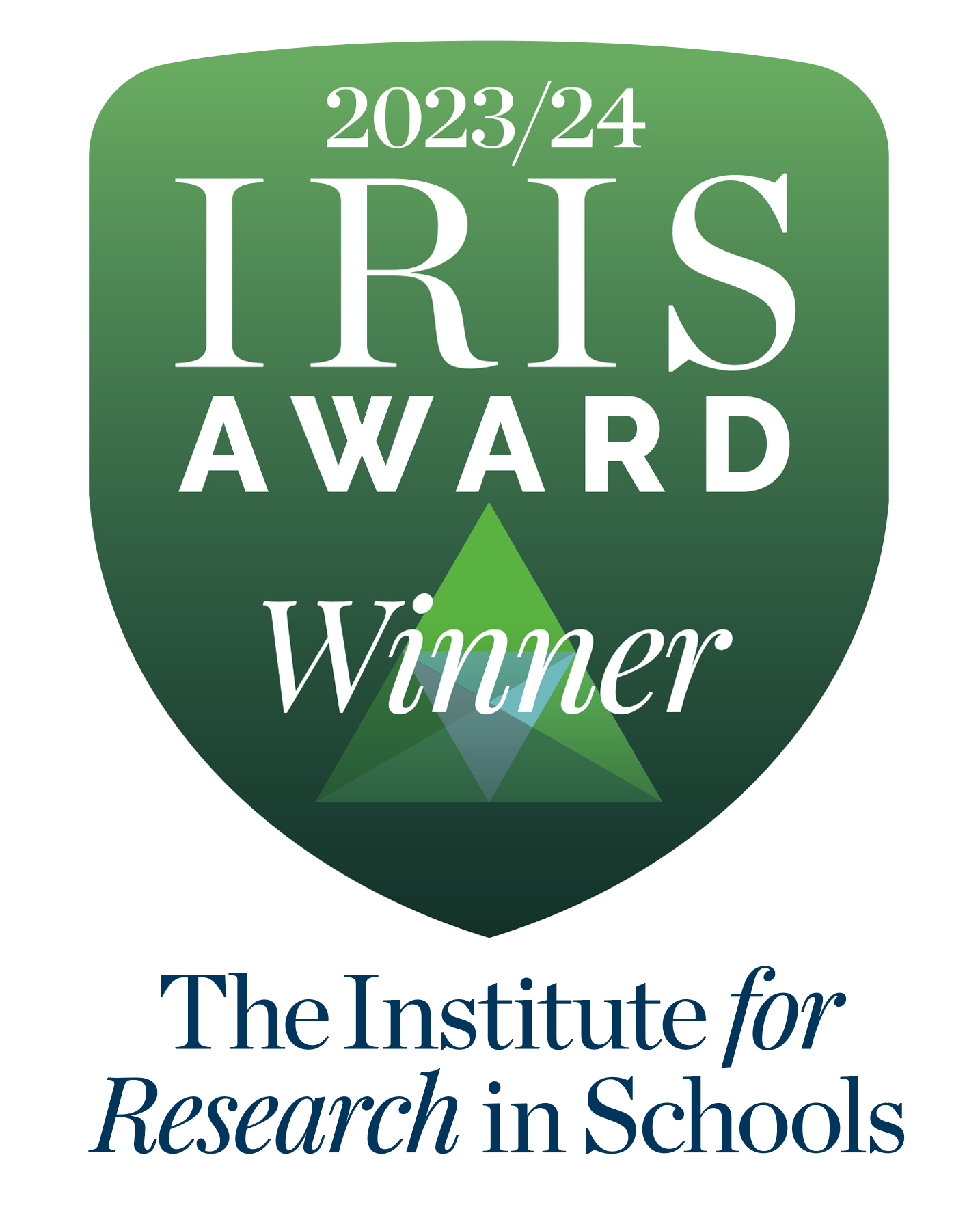Modern Foreign Languages
Why do we teach Modern Foreign Languages?
The Secondary Languages Team at Westcountry Schools Trust aims to produce confident, culturally enriched and effective linguists who have developed the skills to communicate successfully in their language of study. The MFL departments strive to ensure staff and students feel proud of their achievements.
We are all committed to delivering a curriculum that provides all students with the necessary tools to:
•Be ambitious in their communication of the target language
•Grow a life-long love of language learning
•Engage in and learn from culturally enriching activities in order to build their cultural capital
•Develop local, national and global awareness
•Prepare them for academic success as well as their future lives in modern Britain and global society
The MFL department at Hele’s School provides students with an excellent teaching and learning provision and encourages every student to be the best that they can be.
We ensure that students have an in-depth knowledge of the language and culture of other countries and inspire them to have a real passion for the subject. This allows our students to become true global citizens today.
We are also very proud to run a variety of trips, exchanges, contact with partner schools, a Language Leader programme and competitions for our students here at Hele’s School.
Key Stage 3
Students arriving in Year 7 study either French or German.
Students continue with this language throughout Key Stage 3 and are taught in mixed ability groupings.
Year 7 and Year 8 students have 5 hours of MFL each fortnight.
There is a large emphasis in Year 7 on phonics and key language and grammar concepts.
Students have vocabulary booklets available to them which cover all the vocabulary needed for lessons and homework each term.
Home learning tasks are purposeful and often include learning key vocabulary for the weekly test.
In Year 7, students study the following topics;
- My world
- School
- Free time activities
- France/Germany and French/German speaking countries
- My town
- Holidays
- French/German stories and poetry.
In Year 8, students study the following topics;
- TV
- Books
- Music
- The study of a French/German city
- Holidays, food and festivals.
Students are assessed on the vocabulary, phonics and grammar studied twice a year. These assessments cover the four skills of listening, speaking, reading and writing.
We ask parents to help students with their home learning by helping them to learn their vocabulary, having access to a bilingual dictionary (paper form or online) and encouraging them to listen to French/German music, watch programmes and generally spend extra time enjoying the language.
We are also very proud to have a range of enrichment opportunities for our Key Stage 3 students in the form of trips and visits, competitions, lunchtime clubs and the European Day of Languages event in September.
Key Stage 4
At Key Stage 4, students continue to study French or German to GCSE. There is the opportunity for students who are securing or mastering in the MFL that they study to also study Spanish as an option subject
MFL at GCSE is a 3-year course with the exam board Edexcel.
Students have 5 hours teaching per fortnight
There are 5 themes that are studied at GCSE:
- Identity and Culture
- Local area, holiday and travel
- School
- Future aspirations, study and work
- International and global dimension
There are 4 exams at the end of Year 11; listening, speaking, reading and writing. These exams are worth 25% of the final GCSE grade.
The exam is tiered and students either complete the Foundation or Higher exams.
Home learning tasks are purposeful and often include learning key vocabulary for the weekly test alongside exam style questions.
Students are given mock exams covering all themes and in all skills at the end of Year 10 and twice in Year 11. Informal teacher assessment is also ongoing.
We ask parents to help students with their home learning by helping them to learn their vocabulary, having access to a bilingual dictionary (paper form or online), purchasing revision guides and encouraging them to attend revision sessions and to listen to French/German music, watch programmes and generally spend extra time enjoying the language.
We are also very proud to have a range of enrichment opportunities for our Key Stage 4 students in the form of trips, exchanges, competitions and the Language Leader programme.
Key Stage 5
We offer French and German to Key Stage 5 depending on student uptake.
We follow the 2-year A-Level course with the exam board AQA.
Students have a total of 9 hours a fortnight and we offer twilight sessions for students to have the opportunity to develop their speaking skills.
Our students are well motivated, independent and passionate about the subject.
Home learning is purposeful and may focus on grammar, the individual research project, essays and exam questions.
The French topics studied at A-Level are:
- Aspects of French-speaking society: current trends
- The changing nature of family
- The 'cyber-society'
- The place of voluntary work
- Aspects of French-speaking society: current issues
- Artistic culture in the French-speaking world
- A culture proud of its heritage
- Contemporary francophone music
- Cinema: the 7th art form
- Aspects of political life in the French-speaking world
- Teenagers, the right to vote and political commitment
- Demonstrations, strikes – who holds the power?
- Politics and immigration
- Grammar
- The study of a literary text (Faïza Guène Kiffe kiffe demain) and a film (L’auberge espagnole Cédric Klapisch 2002)
- Individual research project
The German topics studied at A-Level are:
- Aspects of German-speaking society
- The changing state of the family
- The digital world
- Youth culture: fashion and trends, music, television
- Multiculturalism in German-speaking society
- Immigration
- Integration
- Racism
- Artistic culture in the German-speaking world
- Festivals and traditions
- Art and architecture
- Cultural life in Berlin, past and present
- Aspects of political life in the German-speaking world
- Germany and the European Union
- Politics and youth
- German re-unification and its consequences
- Grammar
- A literary text (Friedrich Dürrenmatt Der Besuch der alten Dame) and a film (Good bye, Lenin! Wolfgang Becker, 2003)
- Individual research project
Exams take place at the end of Year 13. Paper 1 is a listening, reading and writing paper and is 2 hours 30 minutes. Paper 1 is worth 50% of the A-Level. Paper 2 is writing and is 2 hours. Paper 2 is worth 20% of the A-Level. The remaining 30% is a speaking exam which is 21-23 minutes.
There are also mock exams in both Year 12 and Year 13, there is formal assessment at the end of each unit, as well as ongoing informal teacher assessment throughout the course.
We are very proud to be able to offer trips, exchanges, competitions and language assistant roles for our KS5 students. Many of our students take part and say that these experiences really improve their knowledge of both the language and the culture of France/Germany.
Useful Online Resources
For vocabulary learning and consolidation - Quizlet and Blooket
For topic and revision strategy - BBC Bitesize (KS3 and KS4)
For grammar focus - LanguagesOnline
For phonics and revision of the basics - Duolingo





